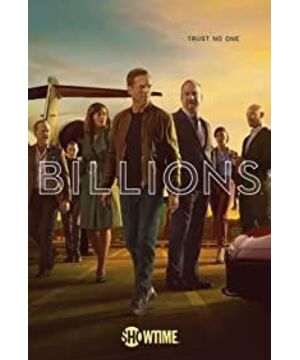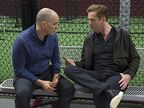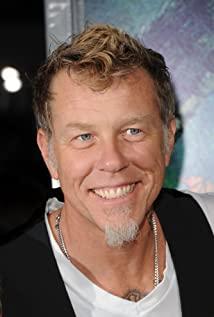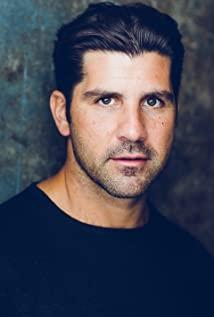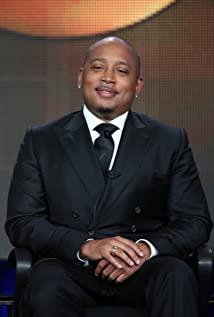I watched it hastily once before, and I basically finished it while doing other things. I wanted to enjoy it this time, but ended up watching it intermittently. The last two episodes were watched on the high-speed train back to Beijing. The director tried to convey a lot of information. Basically every 5 minutes, I would have the urge to stop and think about it. Mark, it's a good drama worthy of watching every episode.
The show revolves around the struggle between prosecutor Charles (Chuck) Rhoades and capital tycoon Robert (Bobby) Axelrod. It brings up an eternal open question between capital and regulation. Hundreds of Millions are based on a story between Southern New York Attorney Preet Bharara and hedge fund SAC Capital Advisors, and the grey world is the most thought provoking.
1. Everyone wants to be a lion. Most people just never got the chance. Everyone is selfish, and capital will magnify this feature. Bobby isn't a bad guy, and he's a very smart guy. He can comprehensively consider all aspects of information and then come to the essence of the matter. At the beginning of the gathering, an intern recommended him to buy stocks, and after obtaining this information, combined with his understanding of another fund, he gave a conclusion to sell. It shows that he is a person who is very good at seeing the essence through the problem. It is this quality that helps him make successful investments, and when he succeeds, information comes to him (“his information comes everywhere”). The importance of information is obvious, and the way to get it is mostly gray (not black). Bobby is certainly motivated to get more information to help him make the right choice. It's not just him, I believe most people would be willing to do it, the only difference is whether the person has the ability to do it
2. Only the rich get real justice. I remember that someone in the United States raised this issue a few days ago. Only the rich have the ability to hire the best lawyers and accountants to help them fight for fairness, while the poor have no such ability. The poor can only expect the judicial system to create a fair environment for them, and even a fair judge cannot make a truly fair judgment without providing enough strong evidence. (Of course this leads to a larger topic: the poor cannot provide enough evidence, should justice favor the poor in disputes between the poor and the rich? If so, have the poor morally kidnapped the law?) In addition, judicial truth Can it be done fairly? Civil servants are also human, what is the purpose of their employment in ZF? Nothing but power and money. After graduation, students from prestigious law schools choose to be prosecutors because of social responsibility? Or to jump to the other side after a few years?
3. Public opinion can be guided, and it is relatively easy to be guided. What we have seen is that the information leaked by the upper echelons during the struggle for power is beneficial to themselves or detrimental to the opponent, which may not be the whole truth.
View more about Billions reviews


